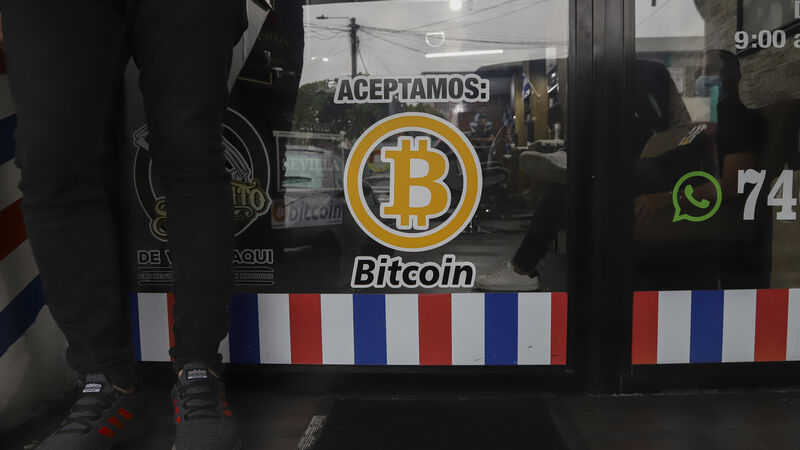IMF calls on El Salvador to drop Bitcoin as legal tender

The International Monetary Fund wants El Salvador to drop the highly volatile cryptocurrency Bitcoin as legal tender and strictly regulate the electronic wallet the government has pushed adoption of across the country.
The global lender’s board “urged the authorities to narrow the scope of the Bitcoin law by removing Bitcoin’s legal tender status”, the IMF said in a statement.











